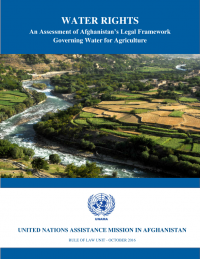Industrialization and Urbanization in Vietnam: How Appropriation of Agricultural Land Use Rights Transformed Farmers’ Livelihoods in a Peri-Urban Hanoi Village
ABSTRACTED FROM INTRODUCTION: Since đổi mới, Vietnam witnesses a rapid urbanization and industrialization, which leads to conversions of a large area of agricultural land and other types of land, and this has forced thousands of farmer households to change their traditional livelihoods and even their lives. Using the lens of a sustainable livelihoods framework, this study analyzes and explains the questions of how, in what ways and to what extent agricultural land conversions have been affecting farmer livelihoods in one peri-urban Hanoi village.



